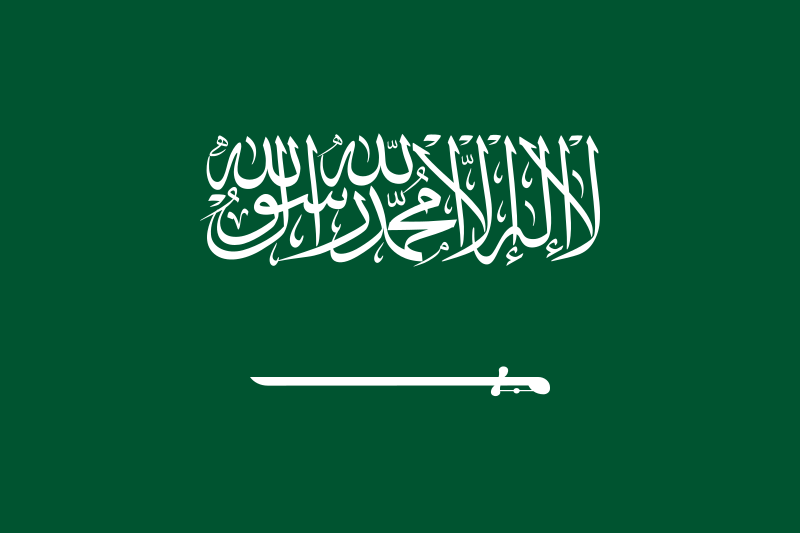EU Eyes Stronger Green Energy Partnership with Saudi Arabia
Hyphen Web Desk

Recent dialogues between EU officials and Saudi leaders have focused on creating long-term frameworks for cooperation in solar, wind, and hydrogen energy. Saudi Arabia, with its vast land and abundant sunlight, has been positioning itself as a key player in global renewable energy, and the EU views the Kingdom as a crucial partner in its quest for energy security and sustainability.
One of the driving forces behind the EU’s strategy is its ongoing energy crisis, exacerbated by disruptions to energy supplies due to the war in Ukraine. The EU has increasingly turned its focus to diversifying its energy sources, with particular attention on reliable partners who can help drive its green energy ambitions forward. In this context, Saudi Arabia has emerged as an attractive ally, due to its efforts to diversify its own economy under Vision 2030, a reform plan spearheaded by Crown Prince Mohammed bin Salman.
A major area of focus in this new partnership is the development of green hydrogen, a clean energy alternative that has garnered significant interest worldwide for its potential to decarbonize heavy industries such as steel production, transportation, and aviation. Both the EU and Saudi Arabia have made substantial investments in hydrogen projects, aiming to establish a global market for green hydrogen.
The EU is working to ensure that its technological expertise and financing capabilities align with Saudi Arabia’s growing ambitions in the sector. The Kingdom is already making strides in hydrogen production, with plans for multi-billion-dollar projects, including a major green hydrogen hub in the industrial city of NEOM. This mega-project, which is also part of Saudi Arabia’s broader Vision 2030 strategy, aims to become a global leader in sustainable energy production, with hydrogen playing a central role.
Saudi Arabia’s push to meet its own climate goals has provided a compelling incentive for closer EU collaboration. As part of its Vision 2030 initiative, the Kingdom has committed to reducing its carbon emissions and expanding renewable energy sources, aiming for a mix of 50% renewable energy by 2030. This ambitious target aligns with the EU's green energy priorities, making the two parties natural partners.
While progress has been made, challenges remain in scaling up these green energy technologies. Both the EU and Saudi Arabia face obstacles in the form of investment needs, technological development, and regulatory hurdles. For example, green hydrogen production is currently costly, and significant investments are needed to make it commercially viable. The EU’s commitment to supporting these ventures, through funding mechanisms such as the European Investment Bank (EIB), is critical to ensuring that such projects gain traction.
A key element in strengthening this partnership is the creation of a regulatory environment that fosters collaboration and ensures fair competition. As the EU and Saudi Arabia work to define standards for green hydrogen and other renewable energy projects, they will need to address challenges such as intellectual property rights, environmental impacts, and project financing. Negotiations around these issues are expected to intensify as the green energy agenda moves forward.
Beyond energy, the EU-Saudi collaboration also extends to the economic and geopolitical spheres. The EU views Saudi Arabia as a crucial player in its broader Middle East strategy, especially as it seeks to secure stable, diversified energy supplies amid growing tensions in other regions. A stable energy partnership with Saudi Arabia not only helps the EU meet its green energy goals but also fortifies its relationship with one of the most influential countries in the region.
Saudi Arabia stands to benefit from closer EU cooperation by gaining access to European technology, expertise, and markets. EU companies are already active in the Kingdom, helping to implement clean energy solutions and infrastructure projects. This partnership is poised to deepen as both regions explore new avenues for mutual benefit, particularly in areas such as electric vehicle infrastructure, energy storage, and carbon capture technologies.
As the green energy transition accelerates globally, the EU's focus on Saudi Arabia underscores the importance of multilateral cooperation in addressing the climate crisis. The growing alignment between these two regions on green energy marks a significant step in the global shift toward a sustainable, low-carbon future.
Labels:
#Syndication
Share:
